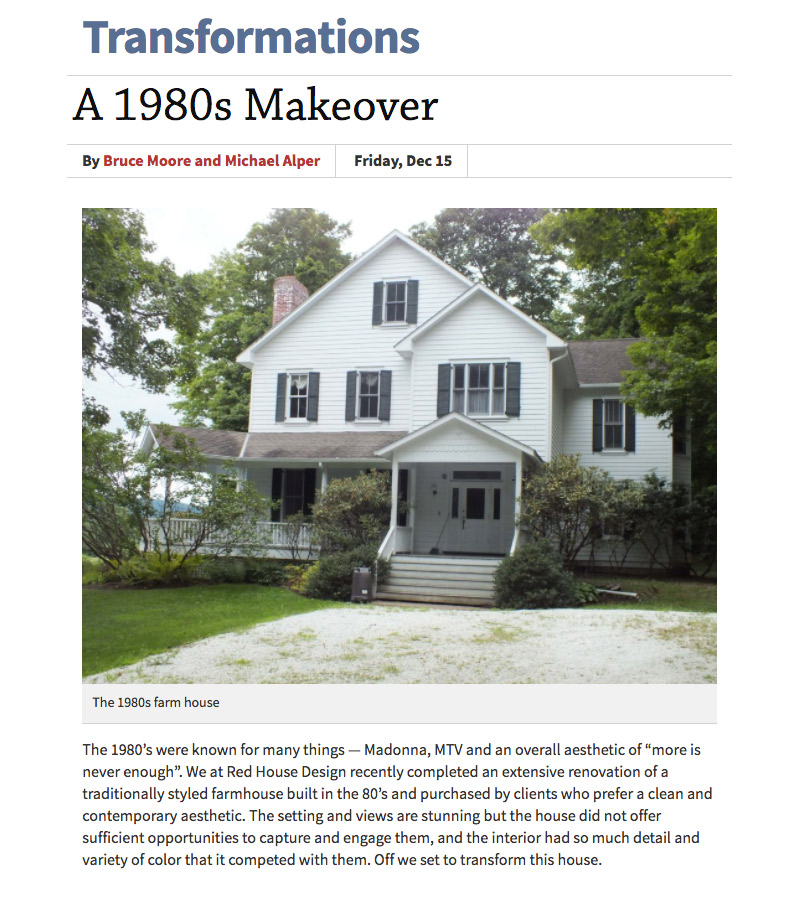

She has a rare insight into the publishing industry – in addition to her agenting work, she is also a published author, and has studied creative writing at the Faber Academy.

Marina joined The Soho Agency in 2016, after working for several years in the editorial departments of Little, Brown and HarperCollins. Marina de Pass, The Bookseller’s Rising Star of 2023
BERKSHIRE EDGE EDITORIALS HOW TO
By the end of the day you should have a much clearer sense of what makes a great submission and how to make yours shine – and the confidence to get it perfect and actually send it out. We’ll then dig into each of the three elements in turn, to look at how you can make yours work better and harder for you, and what to do if the website asks for something different.ĭiscussion and exercises will draw on participants’ own letters, synopses and opening pages, submitted in advance, and we’ll focus on the tools needed to take each element from serviceable to sparkling. We’ll start this practical, all-day workshop by thinking about why the traditional package – covering letter, synopsis and first three chapters – evolved to give the agent or editor what they need to make a decision. You know the submission package representing your novel or memoir is your biggest and best chance to hook an agent and hopefully a publishing deal – but how do you make the most of that chance?

In an increasingly competitive market, it’s more important than ever to be well informed and prepared when seeking representation. Writers will be invited to share with the group their elevator pitches for feedback from Marina and BPA’s Emma. Over afternoon tea, Marina de Pass from The Soho Agency and The Bookseller’s Rising Star of 2023 will give you the inside track on the submission process as well as industry insights. Pitching Your Novel: Q&A with Marina de Pass You should go away with a much firmer grip on how to make these crucial tools and concepts work for your fiction, and perhaps even some new story or plot ideas. In this practical, all-day workshop we’ll start from Paul Ashton’s idea that ‘Story is the journey you make plot is the route you take’, and unpack what this means for each writer.When you have a broad story-idea or inspiration, how do you grow a workable plot of specific, connected events out of it? And if it was a specific event or scene which inspired you, how do you find and develop a story-arc that will support a whole novel? What is the role of characters and characterisation in all this? And what does any of this mean for how you work on an existing novel, and hold on to the original creative excitement while making sure that the engineering actually works? Throughout the day, exercises will be based on your own work, as well as extracts from other writers. Story and plot are often talked of in the same breath, but understanding the difference is key to making both work for you. Storytelling and Plot Building: Workshop with Emma Darwin


 0 kommentar(er)
0 kommentar(er)
